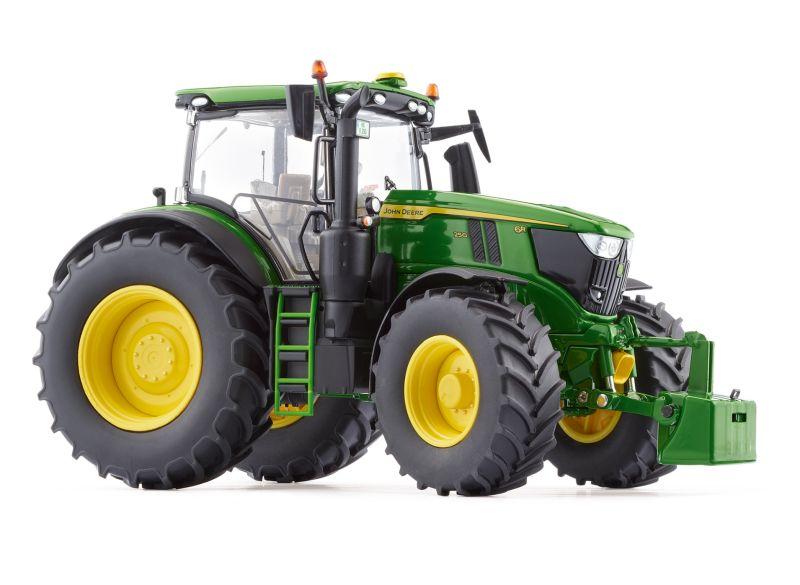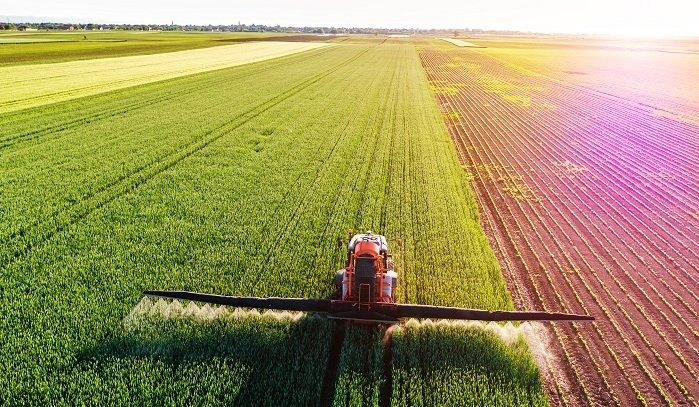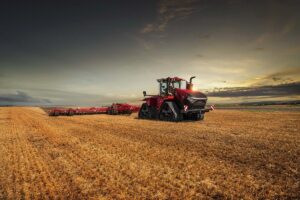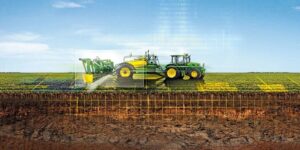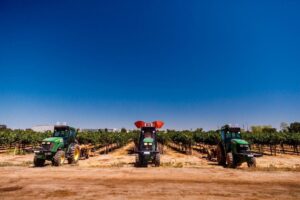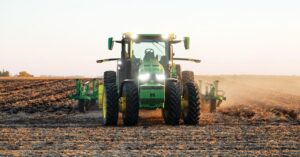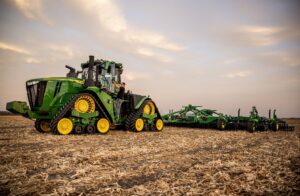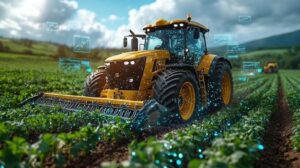Agricultural powerhouse John Deere has unveiled a new line of farming equipment featuring artificial intelligence capabilities, marking a notable shift in modern farming practices. The latest tools integrate machine learning algorithms and advanced sensors to optimize crop management,reduce resource waste,and enhance overall farm productivity. This technological advancement represents the company’s largest push into AI-enabled agriculture to date, building upon its existing autonomous solutions portfolio. The agricultural technology landscape is witnessing a significant transformation as the industry leader introduces a suite of AI-powered farming implements designed to revolutionize modern agriculture. These cutting-edge tools integrate machine learning algorithms with precision farming techniques, enabling farmers to optimize their operations and increase productivity.
The newly unveiled system incorporates advanced sensors that continuously monitor soil conditions, crop health, and environmental factors in real-time. These sensors transmit data to a central processing unit, which analyzes the information and makes instantaneous adjustments to farming operations. The technology can detect subtle variations in soil moisture, nutrient levels, and pest presence, allowing for targeted interventions that minimize resource waste.
One standout feature is the autonomous navigation system, which uses computer vision and GPS technology to guide equipment through fields with centimeter-level accuracy. This precision reduces overlap in planting, spraying, and harvesting operations, resulting in significant cost savings and reduced environmental impact. The system also automatically adjusts to different field conditions and obstacles, ensuring optimal performance nonetheless of terrain.
The machine learning algorithms at the heart of these tools continuously improve their performance by learning from each farming operation. They analyze past data,weather patterns,and crop yields to make increasingly accurate predictions and recommendations.Farmers can access this information through a user-friendly dashboard, enabling them to make informed decisions about planting times, irrigation schedules, and harvest dates.
These smart implements also feature predictive maintenance capabilities, using sensors to monitor equipment health and anticipate potential failures before they occur. This proactive approach helps minimize downtime during critical farming periods and reduces repair costs. The system automatically schedules maintenance based on actual usage and wear patterns rather than fixed intervals.Integration with existing farm management software allows for seamless data exchange and thorough operational oversight. farmers can track equipment location, monitor fuel consumption, and analyze productivity metrics across their entire operation. The platform also supports remote monitoring and control, enabling operators to manage multiple machines from a single location.
Environmental sustainability is a key focus,with the AI system optimizing resource usage to reduce waste and environmental impact. Smart spraying technology only applies pesticides and fertilizers where needed, while intelligent irrigation systems deliver precise amounts of water based on real-time soil moisture data and weather forecasts.
The technology includes advanced cybersecurity features to protect sensitive farm data and prevent unauthorized access to equipment controls. Regular over-the-air updates ensure the system remains current with the latest security protocols and feature improvements, providing farmers with peace of mind and continuous enhancement of their investment.